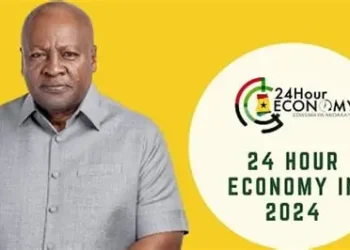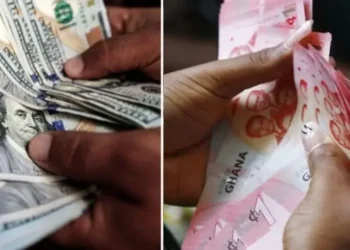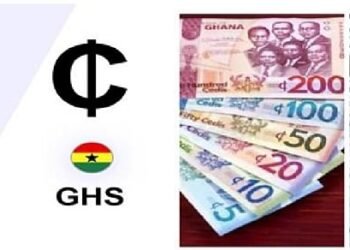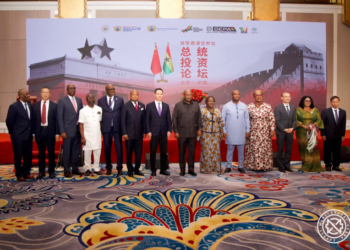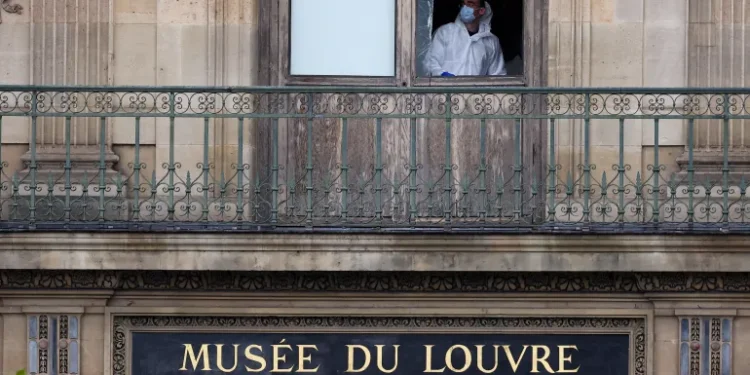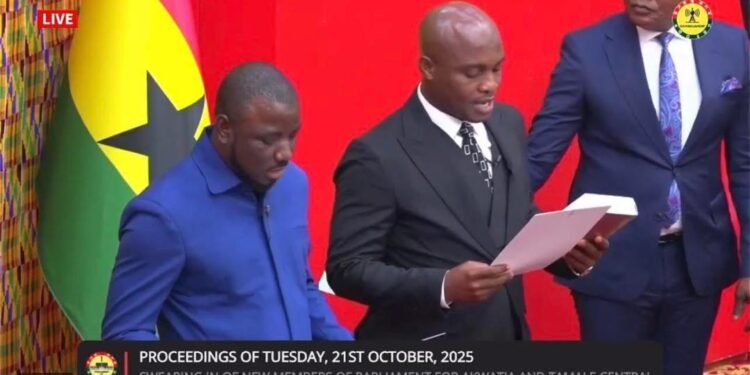Both the ruling New Patriotic Party (NPP) and the largest opposition party, the National Democratic Congress (NDC) have been engaged in what may be tagged ‘the competition of promises’ prior to the 2020 December 7 elections.
One of the most popular and trending promises is the legalization of the use of commercial motorcycles popularly known as ‘Okada’. The promise to legalize the ‘Okada’ business was made by the NDC in their 2020 manifesto dubbed ‘The People’s Manifesto’.
However, there have been several debates recently on the promise to legalize the use of commercial motorcycles shortly after the launch of the people’s manifesto.
Whereas a section of the public believes the legalization of the ‘Okada’ is in the right direction, others hold contrary views. However, the Director of Urban Studies at the University of Ghana, Prof Martin Oteng-Ababio is quoted to have said in an interview with one of the media firms in Accra that “no African country has succeeded in completely eliminating the commercial use of motorbikes”.
Many a Ghanaian, just like Prof. Oteng-Ababio knows that even though Section 128 of the country’s Road Traffic Regulation, 2012 (L.I. 2180) prohibits the use of motorcycles for commercial purposes, ‘Okada’ have become an integral part of public transport both in the rural and urban areas where they are highly patronised to avoid traffic jams.
The NPP earlier did not seem to be bothered about this promise, however, realising how much popularity the promise has gained among the general public, came up with a counter-promise to provide leased vehicles to the people instead of ‘Okada’.
Section 8.2.10 of the NDC 2020 manifesto reads; “…Legalise the use of commercial motorcycles known as Okada, and tricycles and regulate the industry to make it safer by training the riders, ensuring they observe necessary safety precautions and mandating them to provide helmets for their passengers”.
The above quote raises lots of mind-bordering questions that require answers. Who bears the cost of the training? How will they ensure that every ‘Okada’ rider abides strictly by the laws and regulations? Is it only the passengers who need the helmet? Are political parties responsible for the amendments of our road safety regulations? This notwithstanding, a broader analysis that seeks to examine whether or not to legalize ‘Okada’ should include but not limited to the following;
Arguments for the legalization of the ‘Okada’.
Job creation
The fear of being arrested by the law enforcement agencies for using the motorcycles for commercial purposes has prevented several youth who may be interested in operating as ‘Okada’ drivers from doing so. This fear will be removed once the business is legalized. Therefore, the proper legalization of the commercial motorcycles will create jobs for quite a number of the youths in the country. This will reduce the unemployment rate in the country which according to the Ghana Statistical Service (GSS), stands at 8.4 percent.
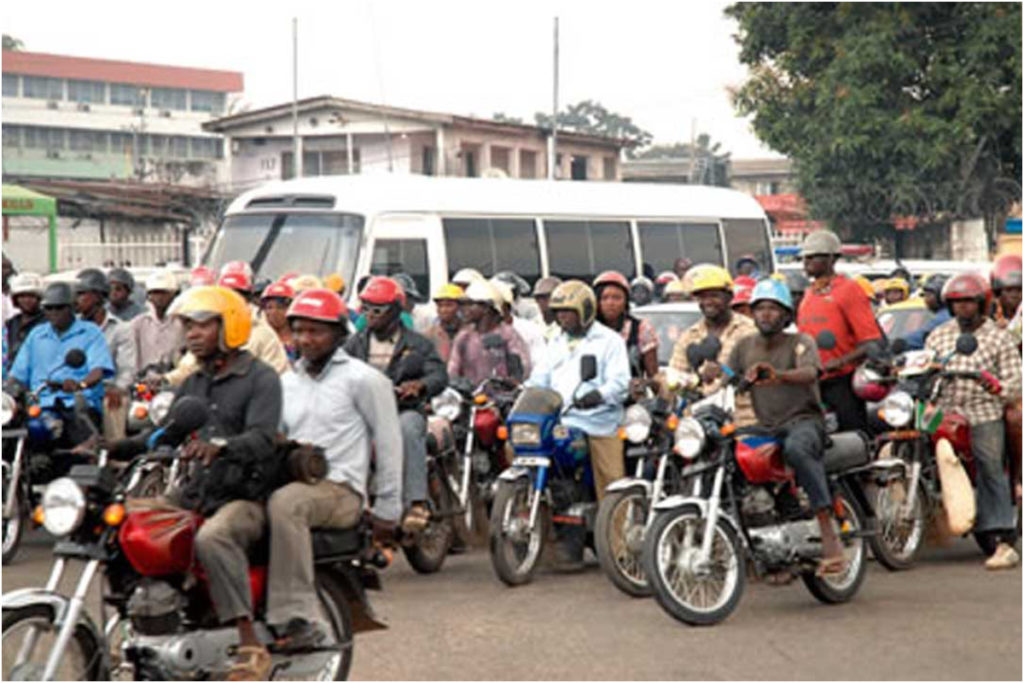
Tax revenue to government
Proper legalization of the ‘Okada’ business may be a source of revenue to the government to finance its developmental agenda. Government revenue has been on the decline for some time now and in the first half of 2020 for instance, the government missed its revenue targets by about GHS 7.75 billion. This if properly done will be a way of broadening the tax base to improve revenue mobilization.
Access to Remote Areas.
It’s quite unfortunate to note that when discussions are being made on issues in Ghana, panellist most often than not concentrate on just the urban areas. However, with regards to the legalization of ‘Okada’, there are several areas that are not accessible unless one uses an ‘Okada’. So, legalizing ‘Okada’ will come as a relieve to people in remote areas where vehicles may not have access especially during the rainy season.
Arguments advanced against the legalization of Okada
Threat to human life
Most people are of the view that legalization of the ‘Okada’ may lead to a rise in fatalities among motorcyclists.
According to the National Road Safety Authority (NRSA), over two thousand (2,000) lives are lost to road crashes each year with some thirteen thousand (13,000) injuries as captured by the NDC 2020 manifesto. Between January and May 2020, the Motor Traffic and Transport Department (MTTD) reported that there was a 12.64 percent increase in fatalities involving motorcycle users compared to the same period last year.
In 2016, the NRSA said “Motorcycle users stood the greatest risk of death in traffic, registering the second highest road traffic fatalities (21%) after pedestrians, thus overtaking fatalities among bus occupants (17.5%) and car occupants (10.7%)”.
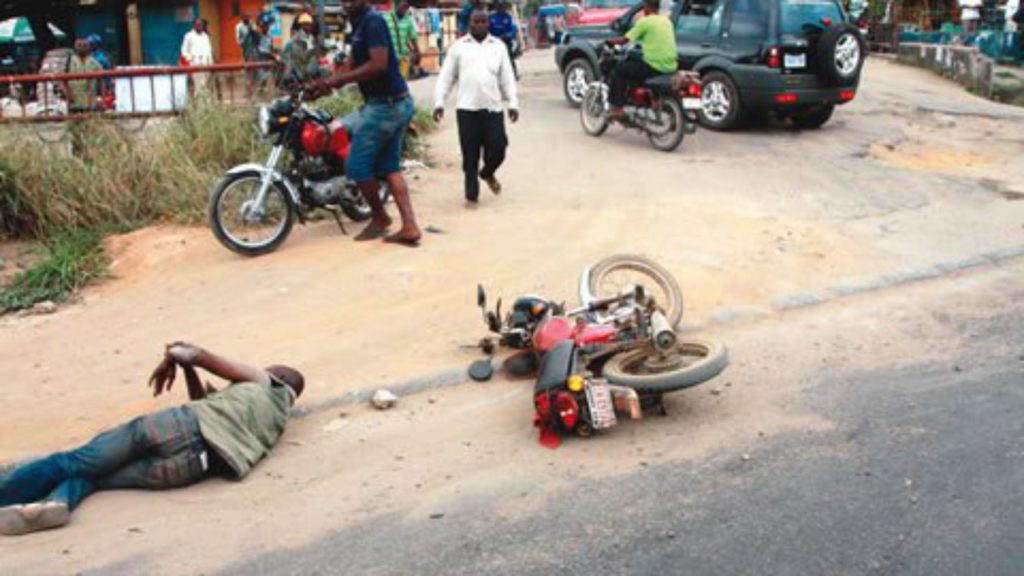
This phenomenon can be attributed to failure to adjust speed to road conditions and traffic, driving under the influence of alcohol, disregard for road traffic regulations untrained drivers, wrong overtaking and physical conditions such as poor design and poor quality of roads, faulty vehicles, among others.
Loss of human lives pose a threat to the nation’s development as a lot of human capital will be lost. Human capital is one of the most important ingredients for economic development.
Increase in crime rate.
One of the major concerns raised by people who oppose the legalization of the ‘Okada’ is that it’s a threat to security in the country.
In 2019, The Deputy Minister of Transport, Nii Titus Glover, called for a ban on the use of motorcycles across the country from 9p.m. to 6a.m. as part of measures to crack down on crime. According to him the criminals use motorcycles a lot to commit crime.
There are several instances of crimes that have been perpetrated by people using motorcycles. On January 17, 2019 undercover investigative journalist and a key member of Anas Aremeyaw Anas’ Tiger Eye Private Investigations team, Ahmed Hussein-Suale, was shot dead by unidentified men riding a motorbike.
A warning shot by the police resulted in the death of a suspected robber on a motorcycle around manet on the Spintex road on January 6, 2019.
Similarly, two armed men on an unregistered motorbike attacked a mobile money vendor at Madina in broad day light and made away with money on February 19, 2018.
Insecurity also threatens a nation’s development as it stifles foreign direct investment as well as a disincentive to local business activities.
Before we make any moves to legalizing the commercial usage of the motorcycle in Ghana, lets make a holistic analyses with proper consultations with various stakeholders. Weighing the costs against the benefits, so as to know whether this investment is worth undertaking.




